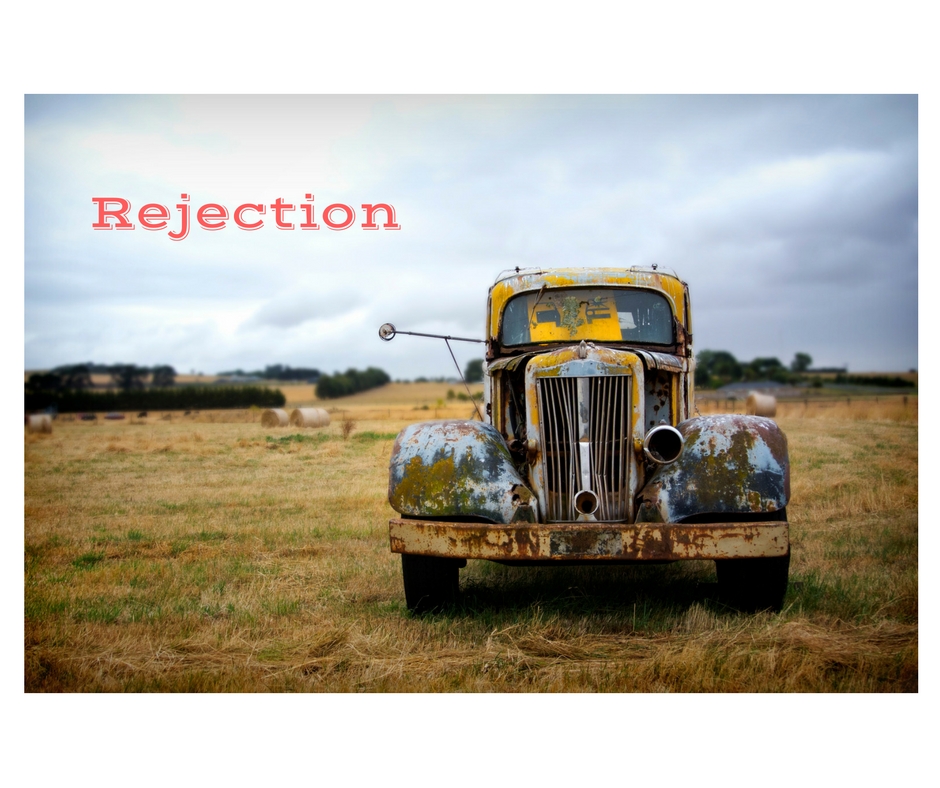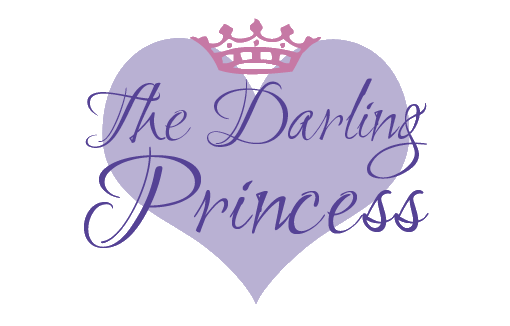
Rejection Protection
We have all been rejected. It might have been a job you wanted or a relationship, or a promotion, or not being picked for a team, your book proposal. Sometimes, we want protection from rejection.
Rejection Protection
The more we put into that thing we wanted, the more impact rejection has.
It could be that you wanted to be friends with a beautiful, talented singer. You could envision going to events with the beautiful people and belonging to a select group of artistic creatives. You do a couple of projects together and she tells you how wonderful you are and how grateful she is to have you as a friend. Then, seemingly without warning, she chooses another friend for her next big project and it is so glamorous and exciting, you’d be happy to attend anyway, but it is by invitation only. You wait, no invitation. Maybe, you even call and there’s no answer.
The pain of that rejection will be different for every person because we are all different. One thing is universal unless you were a psychopath, and that is that it hurts. It actually has been shown to fire the same neuro pathways as physical pain in our brains.
For those of us who have survived childhood sexual abuse or other childhood trauma, it’s not that it hurts any more or less, but that it often impacts our perception of our own identity. The core violation or those of adverse childhood experiences stunt the development of our executive reasoning. We can overcome, to be sure, but survivors tend toward shame and guilt.
So, our first inclination is to decide that we must have done something wrong. We offended that person, messed up that application, bombed that job interview, not just because we did something wrong. It is because we are not worthy. We aren’t good enough, smart enough, strong enough, caring enough, good-looking enough, wealthy enough, and the list is endless.
Rejection Hurts
The thing is, the reason doesn’t matter when it comes to the pain of rejection. Of course, if our behaviour could improve, then we’d like to know and deal with that. Maybe brush up on our skills or consider how we might be better prepared. We will still have some pain associated with rejection. So, what do we do with that?
I’m a believer. So, I look at the Bible for answers to life’s hard questions. Now, even if you’re not a believer, bear with me and postulate the following concepts.
- If we are made in the image of God, then it follows that He has emotions.
- Because He has emotions and made us with emotions, there’s a purpose.
- If there’s a purpose, we could probably find out what it is, at least sometimes.
- Rejection hurts us, it follows that rejection also hurts God too.
- If we can empathize with people, can we empathize with God?
I found numerous Scriptures that showed that indeed God is hurt by our rejection, but that when we reject Him, the consequences are to our detriment. It would seem the greatest reason for rejection to hurt God is that it hurts us, His creation.
He gave us free will. That was risky, but He wanted a people to love Him freely, not that they were compelled by anything other than love. He made us with emotions on purpose. We need them.
Self Care
We cannot actually protect ourselves from rejection. But we can nurture ourselves and heal the pain by employing a few strategies.
- Maintain good self-talk. Don’t pile harsh criticism on top of the rejection.
- Keep an open mind about the future. Failure isn’t the end, it’s just another step.
- Look at the situation, fix what you can, but don’t keep going over it again and again.
- Talk out loud to stop negative thoughts. Keep a short list of affirmations.
- Connect with others, not to commiserate, but to work through your feelings.
- Soothe yourself just as you would if you’d caught a cold. The pain is real.
- Remember, one purpose for feeling is to be able to connect with others and with God.
Everyone suffers rejection. We can begin to provide our own rejection protection. What are the things you do when you are rejected?




Maureen
Thank you for writing this. I sent a friend a link to this post. We both are reading a book about rejection so your post is especially timely. Quite frankly, I think this post was more helpful than that entire book.
Darlene
Wow, Maureen. I am really glad it is helpful.
Maureen
Thanks! It was. A couple things I try to do when I feel rejected or slighted is ask: 1. In the grand scheme of things, is this worth getting upset about? 2. Is what happened really about me? Finally, I try to assume the best. It may take a while to get there. I am also fortunate to have a very, very dear long-time friend (the one who is also reading that book) who challenges my thinking and always points me toward charity towards others.
Darlene
Awesome! Praise God!